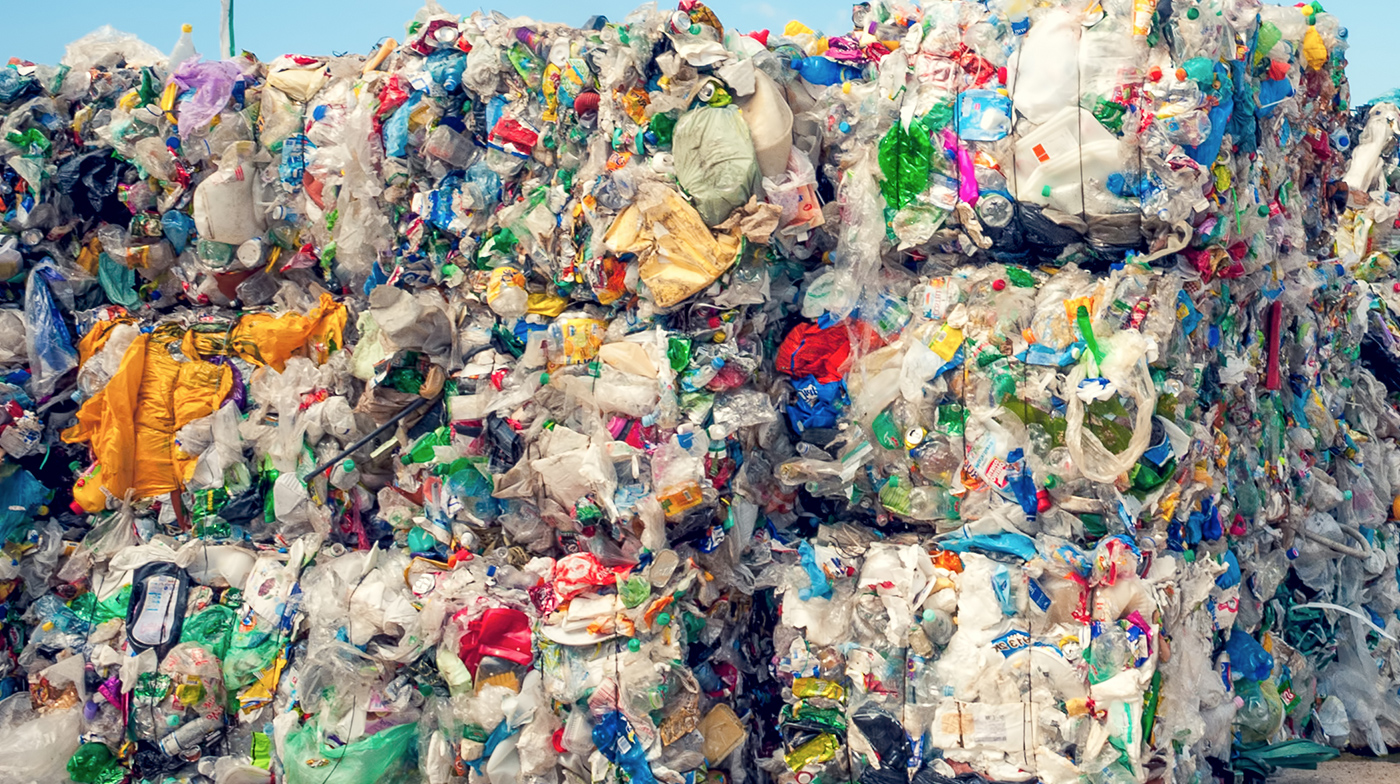
The UK has one of the best waste disposal programs in the world. The largest reason for this is the multi tiered way in which all waste in the UK is organized and compartmentalized apart. There is also quite robust legal precedent that details the specifics of how to organize the waste of the community.
These waste disposal techniques came from ideas from the European Union; however, they are broad enough to be implemented across the board in all communities – large metropolitan areas and small farming towns all the same.
The Waste Prevention Programme for England
The Waste Prevention Programme for England is a detailed program from the government of the UK that lays out the program for all waste management throughout the country. The programme is meant to sustain the UK economy by turning so called “waste” from businesses and buildings into a source of energy. The UK aims to rearrange the entire culture of resource valuation by rewarding businesses and individuals who are actively trying to reduce their waste and use products for a longer period of time. Government will even subsidize businesses who are looking to recycle rather than destroy.
This programme is perhaps the best example of the entire waste disposal culture in the UK. Overall, the timeline of waste disposal goes like this:
First of all, businesses and individuals will be rewarded for finding ways to reduce their waste by turning that waste into a new source of energy. The government will encourage this through financial subsidies and advertising new ways to recycle. The creation of new methodologies for the reuse of waste is the number one priority of the government’s waste programme.
Second, the government will also support recycling centers around the country as well as pickup for recycled materials. They will publicize regulations and guidance on how to report the waste data under compliance to improve the quality of the information that is being shared.
Third, the government is forcing businesses to take the lead. More laws are being passed that make sure that a proportion of the products that businesses seldom are recovered and recycled. EC legal requirements form the basis of these regulations. They’re constantly being monitored and reworked in order to improve their effectiveness within the communities that they serve.
Fourth, regulations will be codified so that they can be enacted in all communities.
